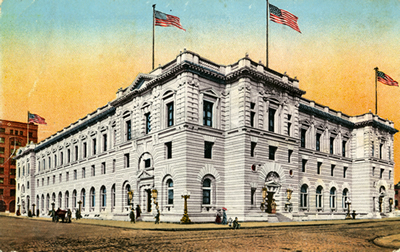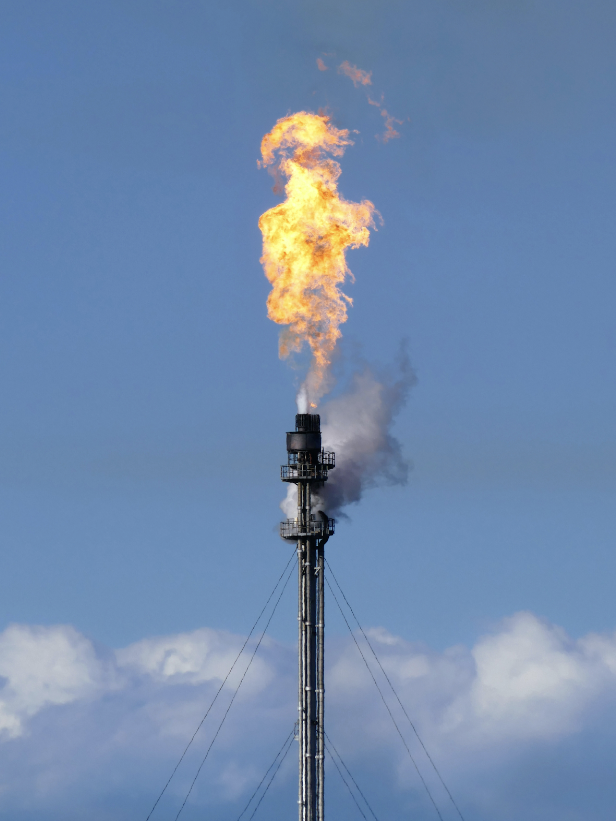Search Results for: feed
What Is Water Use, Anyway?
We Have Met The Enemy, And He Is Us
We all know the story, and the percentages: of water used by human beings in California (i.e. not going to environmental uses), agriculture uses a whopping 80%. So it makes little sense to call on urban users to conserve, so the story goes, until ag goes first. Certainly nonprofits like Food and Water Watch think …
Continue reading “What Is Water Use, Anyway?”
CONTINUE READINGUnraveling Hydrogen: Part I
The first in a series that examines the hype around hydrogen production.
For over a century, supporters of hydrogen energy have billed H2 as the fuel of the future. In his 1874 novel, The Mysterious Island, Jules Verne wrote that “water will one day be employed as fuel, that hydrogen and oxygen which constitute it, used singly or together, will furnish an inexhaustible source of heat and …
Continue reading “Unraveling Hydrogen: Part I”
CONTINUE READING…In Which I Attempt To Read My Water Bill
Failure To Install Smart Water Meters Is Wasting Billions of Gallons Each Year
I felt at least decently about myself when I paid my water bill recently, because I was told that my usage was somewhat better than other people in my neighborhood (which is a low bar, but you take what you can get). But when I tried to figure out why it was better, I got …
Continue reading “…In Which I Attempt To Read My Water Bill”
CONTINUE READINGThe Ninth Circuit Court of Appeals’ 10 Most Important Environmental Law Decisions of 2022
Climate Change, Water Rights, Environmental Justice & Federalism Issues Highlighted the Ninth Circuit’s Prodigious Environmental Docket This Year
I’ve shared in previous posts my view that the U.S. Court of Appeals for the Ninth Circuit is–after the U.S. Supreme Court–the most influential court in the nation when it comes to environmental and natural resources law. That’s true for two related reasons: first, the sprawling Ninth Circuit encompasses nine different states (including California) and …
CONTINUE READINGMethane Action in 2022: Project Climate’s Year In Review
A short summary of efforts to tackle the super pollutant.
Co-authored with Gil Damon, CLEE Methane Research Fellow. 2022 proved to be a big year for methane—the flammable gas that accounts for 30 percent of Earth’s anthropogenic warming. Methane forms when organic material decomposes in sealed spaces and is released in the agriculture, waste disposal, and energy sectors. In terms of warming, methane is a …
Continue reading “Methane Action in 2022: Project Climate’s Year In Review”
CONTINUE READINGDecarbonizing Aviation
New CLEE report assesses policy options for boosting sustainable airplane travel in California
Register for our free webinar on this topic on Monday, November 7th, 9-10am PT (details below). What actions can California policy makers take to help decarbonize the aviation sector? CLEE is today releasing a new report, Clean Takeoff: Policy Solutions to Promote Sustainable Aviation in California, which offers recommendations for progress. Airplane travel is responsible …
Continue reading “Decarbonizing Aviation”
CONTINUE READINGAddressing Livestock Methane in California
New CLEE/UCLA report identifies policy solutions to reduce emissions | Webinar Nov. 10
Methane is a climate super-pollutant that is 80 times more powerful than carbon dioxide over a 20-year period. Given its potency and short life, experts believe that reducing methane emissions is the highest-yield action that governments and businesses can take to curb near-term warming. In the US, livestock are responsible for over one third of …
Continue reading “Addressing Livestock Methane in California”
CONTINUE READINGIRA’s Impact
The new law is a Big Deal. Or more precisely, a REALLY Big Deal.
IRA, the Inflation Reduction Act, is clearly the biggest climate legislation ever passed in the United States. The law will provide $379 billion in subsidies to clean energy in the form of direct payments and tax credits. Subsidies aren’t the ideal way to cut emissions, because it’s impossible to target them to the precise behavioral …
Continue reading “IRA’s Impact”
CONTINUE READINGTwo and a half cheers for the IRA
Climate legislation sets the stage not just for decarbonization now, but greater policy success later on
The announcement of the legislative deal (the Inflation Reduction Act of 2022) between Senator Joe Manchin (D-WV) and the Democratic Senate leadership was a bid deal in climate policy. The legislation relies on the reconciliation process, allowing it to pass with a simple 50 votes (plus Vice President Harris’ tie-breaker vote). The legislation provides for …
Continue reading “Two and a half cheers for the IRA”
CONTINUE READINGGuest Contributors Jasmine Robinson and Jessica Vived: Proposed Extreme Heat and Air Quality Protections for Agricultural Workers Advance in California Legislature
AB 2243 resulted from a partnership between law students in UCLA Law’s California Environmental Legislation and Policy Clinic, UCLA’s Food Law and Policy Clinic, and Assemblymember Eduardo Garcia
We are students in UCLA Law’s California Environmental Legislation and Policy Clinic, a course in which students work with legislative staff in the California State Legislature to advance environmental policy goals. In Fall 2021, working with staff for State Assemblymember Eduardo Garcia, we developed recommendations for stronger heat and air quality protections for agricultural workers. California’s …
CONTINUE READING










